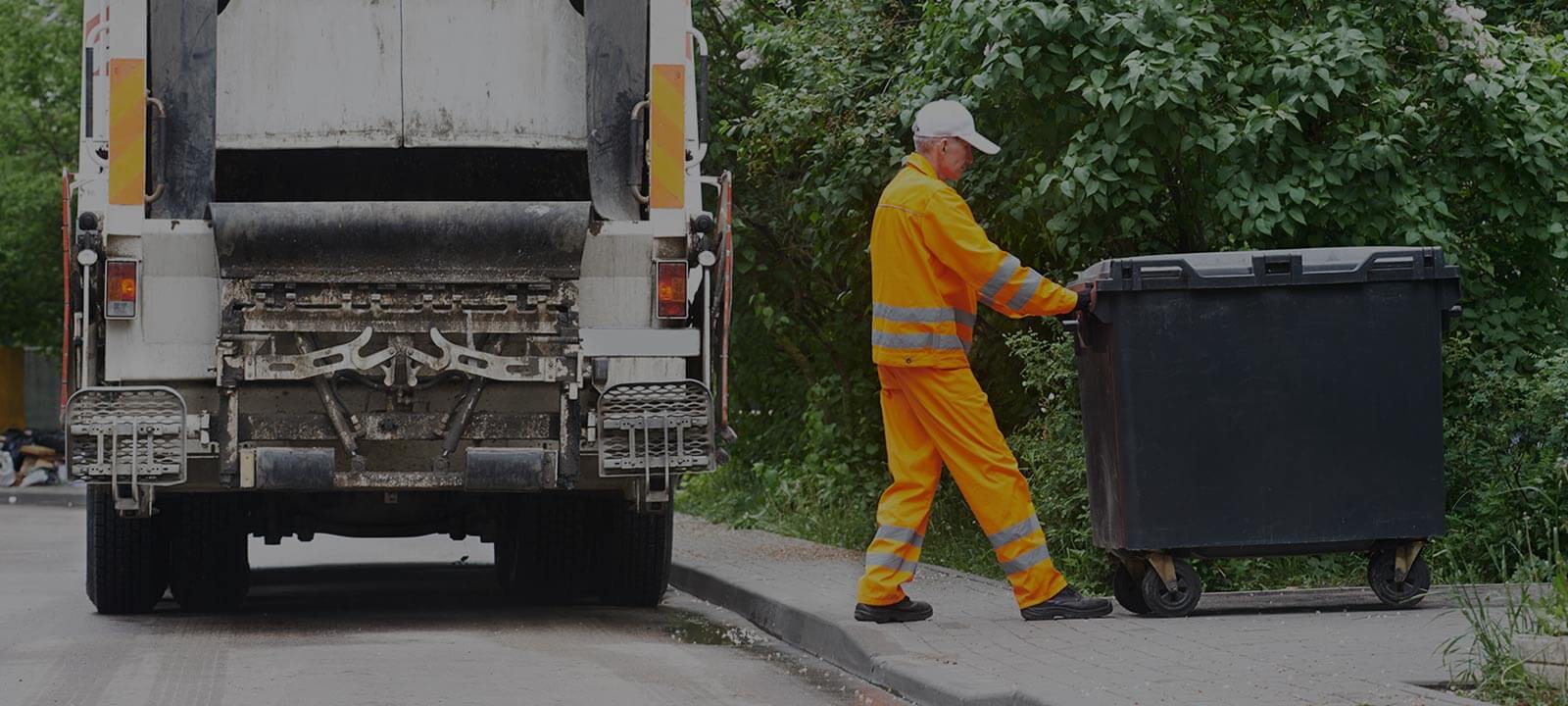Industry applauds government's dedication to improving e-waste recycling practices
Posted on 27/10/2025

The issue of e-waste has become a growing concern in recent years, as our society becomes increasingly reliant on technology. The improper disposal of electronic devices not only poses significant environmental and health risks, but also results in the loss of valuable resources. In response to this pressing issue, governments around the world are implementing measures to improve e-waste recycling practices. The latest efforts by the government have been commended by industry leaders, who believe that these initiatives will lead to a more sustainable future.
One of the key steps taken by the government is the introduction of strict regulations and laws for e-waste management. These regulations require manufacturers to take responsibility for their products at the end of their lifespan and ensure that they are properly disposed or recycled. This move not only shifts the burden away from consumers, but also encourages manufacturers to design products with recyclability in mind. Furthermore, governments are investing in education and awareness programs to educate the public on the importance of responsible e-waste disposal.
The industry has welcomed these developments, as it aligns with their own goals towards sustainability. E-waste recycling companies have seen an increase in demand for their services, leading to growth and expansion opportunities. This creates a win-win situation for both the environment and businesses within the industry.
In addition to government intervention, there are several other reasons why the industry applauds these efforts. Firstly, it allows for the recovery of valuable materials such as gold, silver, copper and platinum from discarded electronics. These materials can then be reused in new products, reducing the need for mining and conserving natural resources. Secondly, proper recycling of e-waste reduces harmful emissions into the atmosphere, which contributes to air pollution and climate change. Lastly, efficient e-waste management creates job opportunities in various stages of the recycling process.
However, there are also some challenges faced by both governments and the industry when it comes to e-waste recycling. One major obstacle is the lack of infrastructure and facilities for proper recycling in many parts of the world. This leads to e-waste being illegally exported to developing countries, where it is often dismantled by untrained workers in hazardous conditions. Another challenge is the cost associated with recycling, as it requires specialized equipment and processes. This may result in higher prices for consumers, who may opt for cheaper and less environmentally-friendly disposal methods.
To ensure the success of e-waste management efforts, here are some tips to keep in mind:
- Always dispose of electronic devices responsibly by taking them to designated e-waste collection centers or contacting certified recycling companies.
- Before purchasing new electronics, consider their lifespan and potential for recyclability.
- Properly delete all personal data on devices before disposal to protect your privacy.
- Educate others on the importance of responsible e-waste management.
In conclusion, the government's dedication to improving e-waste recycling practices has been well received by the industry. These efforts not only benefit the environment but also create economic opportunities. However, there are still challenges that need to be addressed for effective e-waste management. As individuals, we can also play our part by responsibly disposing of our electronic devices and spreading awareness on this crucial issue. Let us work together towards a more sustainable future.

Latest Posts
Reusing for Resource Conservation
Industry applauds government's dedication to improving e-waste recycling practices






